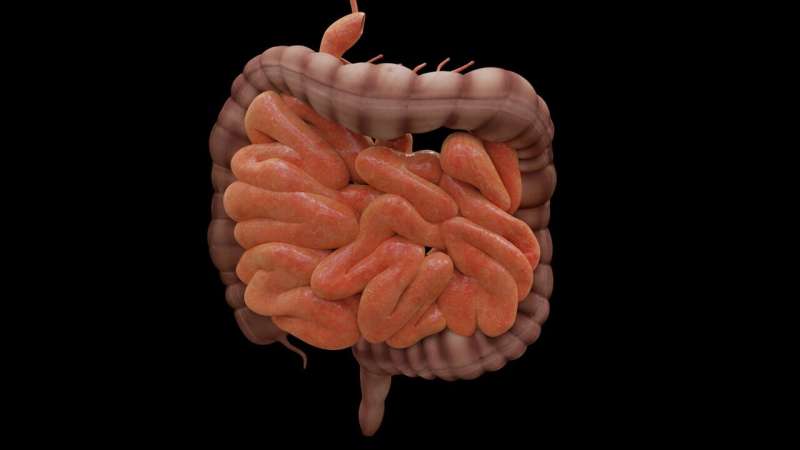
Pediatric intestinal failure occurs when patients lack the amount of intestine necessary for growth and development. As advances in treatment have led to better survival rates for children with short bowel syndrome and other forms of intestinal failure, the team at Boston Children’s Center for Advanced Intestinal Rehabilitation (CAIR) is studying factors that affect quality of life in these patients. Here, the CAIR team—including the center’s associate surgical director, Biren Modi, MD, MPH, and medical director, Christopher Duggan, MD, MPH—shares findings from three recent studies.
Patients with severe intestinal failure at risk for venous thromboembolism
Children with intestinal failure often must rely on parenteral nutrition (PN), which requires the long-term use of central venous catheters (CVCs). Modi and his colleagues sought to quantify the rate of venous thromboembolism (VTE) in this patient population and identify independent risk factors for this potential complication of CVC use. In a retrospective analysis of 263 pediatric patients, published in The Journal of Pediatrics, they found that about 28 percent developed VTE. Using a higher number of CVCs and having an early gestational age were independent risk factors for developing VTE.
Antibiotic therapy improves small bowel bacterial overgrowth
Small bowel bacterial overgrowth (SBBO), or the presence of abnormally high pathologic bacteria counts in the small bowel, is a common occurrence in children with intestinal failure. However, clear guidelines for its management are currently lacking. To learn more about the effect of antibiotic therapy on SBBO, Duggan, Modi, and their colleagues reviewed clinical data from 56 pediatric patients with SBBO who were seen by CAIR.
They found that children who underwent endoscopy and six months of targeted antibiotic treatment experienced significant improvements in symptoms such as vomiting, abdominal pain, and feeding intolerance, as well as increases in BMI and weight. The study was published in the Journal of Pediatric Gastroenterology and Nutrition.
Chronic inflammation in children with intestinal failure: What’s the connection?
Some children with intestinal failure also have chronic intestinal inflammation that resembles inflammatory bowel disease (IBD). However, it’s still unclear what factors predispose these patients to inflammation. Modi and the team reviewed the cases of 30 pediatric patients who had both intestinal failure and chronic intestinal inflammation, as well as those of 60 control patients.
They identified SBBO, current use of PN, and longer use of PN as factors associated with chronic intestinal inflammation in patients with intestinal failure. The study, also published in the Journal of Pediatric Gastroenterology and Nutrition, also showed that the severity of inflammation was linked to escalation of therapy to steroids or biologic drugs.
“These studies are a part of a more concerted effort by our group to understand some of the long-term implications of living with short bowel syndrome and intestinal failure,” says Modi. “Following the tremendous successes we have had over the past several decades in improving survival in our patients, we are now recognizing the comorbidities that are associated with this chronic disease and are aiming our research efforts at identifying and them so that we can continue to improve the lives of our patients.”
More information:
Gregory Keefe et al, High Rate of Venous Thromboembolism in Severe Pediatric Intestinal Failure, The Journal of Pediatrics (2022). DOI: 10.1016/j.jpeds.2022.09.034
Katherine Culbreath et al, Antibiotic Therapy for Culture-Proven Bacterial Overgrowth in Children With Intestinal Failure Results in Improved Symptoms and Growth, Journal of Pediatric Gastroenterology & Nutrition (2022). DOI: 10.1097/MPG.0000000000003501
Katherine Culbreath et al, Factors Associated With Chronic Intestinal Inflammation Resembling Inflammatory Bowel Disease in Pediatric Intestinal Failure: A Matched Case-Control Study, Journal of Pediatric Gastroenterology & Nutrition (2023). DOI: 10.1097/MPG.0000000000003718
Journal information:
Journal of Pediatric Gastroenterology & Nutrition
,
Journal of Pediatrics
Source: Read Full Article